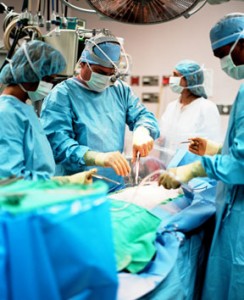A saddening fact that has come to light following latest research is that firefighters who were involved in fighting the World Trade Center disaster on 9/11 are more exposed to risk of contacting cancer. The reason is being attributed to be the presence of toxic clouds that were produced when the twin towers collapsed. The research also provides an insight into the massive health damage that such kind of terrorist attacks can cause not only in the United States but also in the rest of the world. The results of the survey will be made public in the 3rd September edition of The Lancet.The chances of firefighters exposed to WTC disasters contracting cancer is 10% more than those firefighters who were not exposed to the toxic clouds on that ill fated day. The study speaks about not just the increase in the incidence of cancer but also on the severe psychological, physical and mental effect that was caused on people of New York and the surrounding areas such as Pennsylvania, Virginia and New Jersey.

As per the report, around 12,500 firefighters were involved in the operations and were exposed to an array of toxins. The toxic cloud consisted of chemical elements such as cement dust, dioxins, polychlorinated furans, aromatic hydrocarbons, lead, glass fibers, asbestos and polychlorinated biphenyls. Not only were the thousands of firefighters affected by the toxins at the time of disaster but also in the following ten months that marked the recovery period of the attack.
For the study, a total of 9853 firefighters were considered. The group consisted of firefighters who were exposed and those were not exposed to the toxic fumes. Firefighters were studied for seven years. The research has been taken up by Dr. David Prezant, who is an expert on lung health and has conducted studies and published papers on the subject. The doctor and his team belong to Albert Einstein College of Medicine in Yeshiva University.
The effects of the toxic smoke on the lungs were compared with the lung condition of firefighters five years before the attack. Potential risks of cancer were interpolated for seven years after the incident. This sample was also compared with the non-firefighters in America. As per results, the risk of cancer increases by 1.10% in comparison with general population. Despite the results, authors of the study are certain that the risk of cancer cannot be accurately interpolated based on just 7 years data. The results also do not specify any one organ in the body that is at a higher risk of contracting cancer.